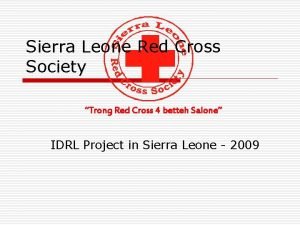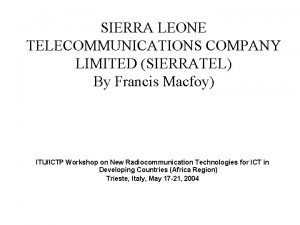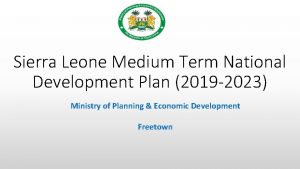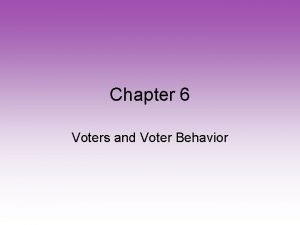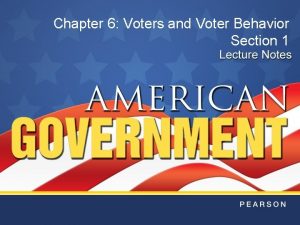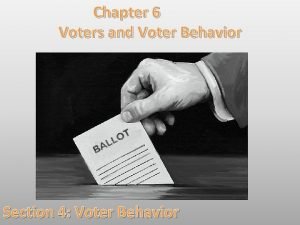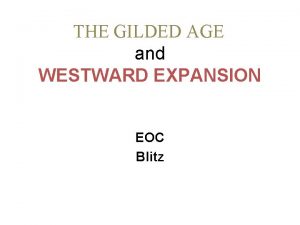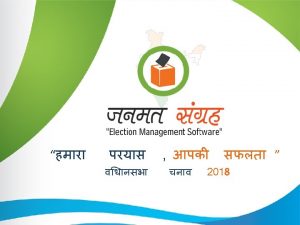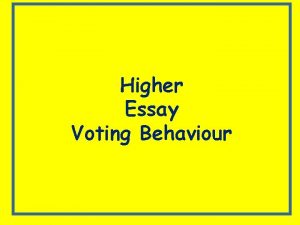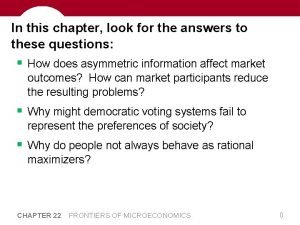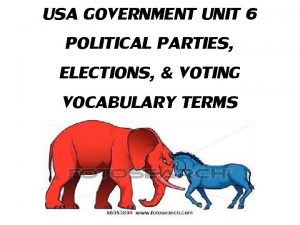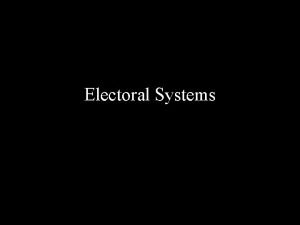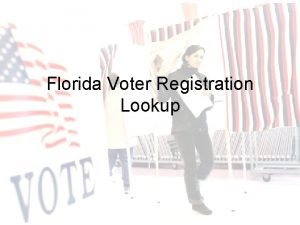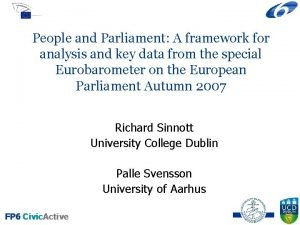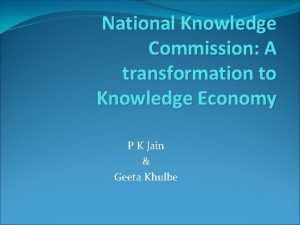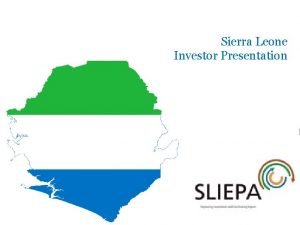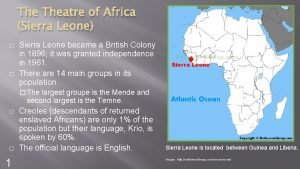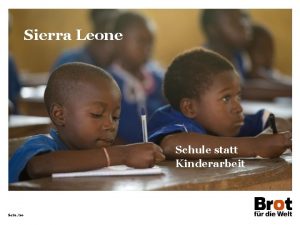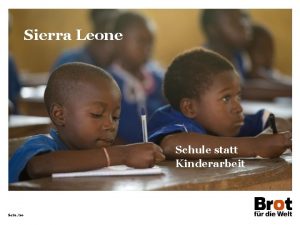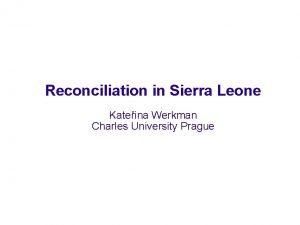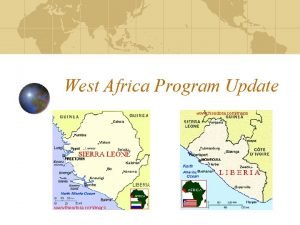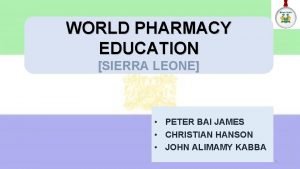Impact of Voter Knowledge Initiatives in Sierra Leone















- Slides: 15

Impact of Voter Knowledge Initiatives in Sierra Leone Rachel Glennerster (International Growth Center, J-PAL) With Kelly Bidwell (IPA) and Katherine Casey (Stanford GSB) Freetown, February 2014

Voters are poorly informed about politics in Sierra Leone Election Day (Nov 2012) exit polls in control villages reveal that: • Only 28% of voters could name the two Parliamentary candidates • 64% couldn’t name a single MP job responsibility • 3% knew the amount of the MPs’ constituency facilitation fund • 35% knew the proposed quota for women’s representation in government and 17% knew the candidates’ positions on the bill • 70% of voters have zero years of schooling, 31% have no radio Can giving voters information about candidates and policy facilitate more informed voting and greater accountability?

Strong support for gender equity and CFF transparency • 81% of voters in control areas supported gender equity bill • 93% supported transparency of CFF Most MP candidates made a public commitment to support gender equity bill and CFF transparency Seeing the debate strengthened support for the gender equity bill

Debates increased general political knowledge Number of observations = 5, 415 voters surveyed in exit polls ** = 1% significance *=5% +=10%

Debates increased knowledge of candidate Number of observations = 5, 415 voters surveyed in exit polls

Debates had strong positive effects on policy knowledge Number of observations = 5, 415 voters surveyed in exit polls; t-tests are onesided.

Debates had strong positive effects on vote choices • Mean effect on policy alignment 0. 11** SD • Mean effect on voting for the winner 0. 08* SD • No effect on voting across party lines Number of observations = 5, 415 voters surveyed in exit polls; t-tests are onesided.

Which aspects of the debates do voters respond to? How much do voters care about • personality, and physical appearance, compared to • policy stance and qualifications? Some voters shown only certain aspects of the debate to unpack the different types of information conveyed: • Debate, viewed on tablet • Get to know you video: Candidate personality only • Radio report: Journalist summary of policy stances and professional qualifications only

Debates combine persona and policy information

Only debates impact policy alignment and voting choice Number of observations = 1580 ** = 1% significance *=5% +=10%

How do findings fit with those from other studies? • Hear shortly about very similar experience in India – Voters respond in very sophisticated way to better information about politicians • Other evidence from Sierra Leone shows that – Voters twice as likely to know name of and have been visited by local councilors than MPs – 11% more voters cross traditional partly lines for councilor than MP – Radio is second most important source of information about politics – Even stronger willingness to cross party lines for local councilors when there are local radio stations • Evidence from Brazil also suggests local radio is important for linking politicians and voters

Rachel Glennerster (J-PAL) Debates MIT October 2013 12/13

Rachel Glennerster (J-PAL) Debates MIT October 2013 13/13

Conclusion and thoughts on maintaining links • Voters know very little about MP candidates – about the roles of MPs, or about their policy positions • Care about and respond to discussion about specific policy issues • Debates have the potential to make political contests more competitive, which is likely why candidates responded with increased campaign effort • Providing information and continued interaction between elections important for strengthening links

Conclusion and thoughts on maintaining links II • Radio is important source of information, but also visits • Strong support for gender equity bill and transparency of the CFF • MPs made commitments during debates, can go back and talk about how they are keeping them • Increased transparency (including through freedom of information act) can be a way to keep voters informed – Eg NGOs and radio reporters and find information they can report back
 Sierra leone
Sierra leone Who is dr tamba in a long way gone
Who is dr tamba in a long way gone Sierra leone telecommunications company
Sierra leone telecommunications company Medium term national development plan
Medium term national development plan Chapter 6 voters and voter behavior
Chapter 6 voters and voter behavior Chapter 6 voters and voter behavior
Chapter 6 voters and voter behavior Chapter 6 section 4 voter behavior
Chapter 6 section 4 voter behavior Gained voter support by helping immigrants find jobs.
Gained voter support by helping immigrants find jobs. Voter parchi software
Voter parchi software Media influence on voting behaviour essay
Media influence on voting behaviour essay Median voter theorem
Median voter theorem Cross-pressured voter definition government
Cross-pressured voter definition government Median voter theorem
Median voter theorem Look up florida voter registration
Look up florida voter registration European parliament voter turnout
European parliament voter turnout Conclusion of national knowledge commission
Conclusion of national knowledge commission

